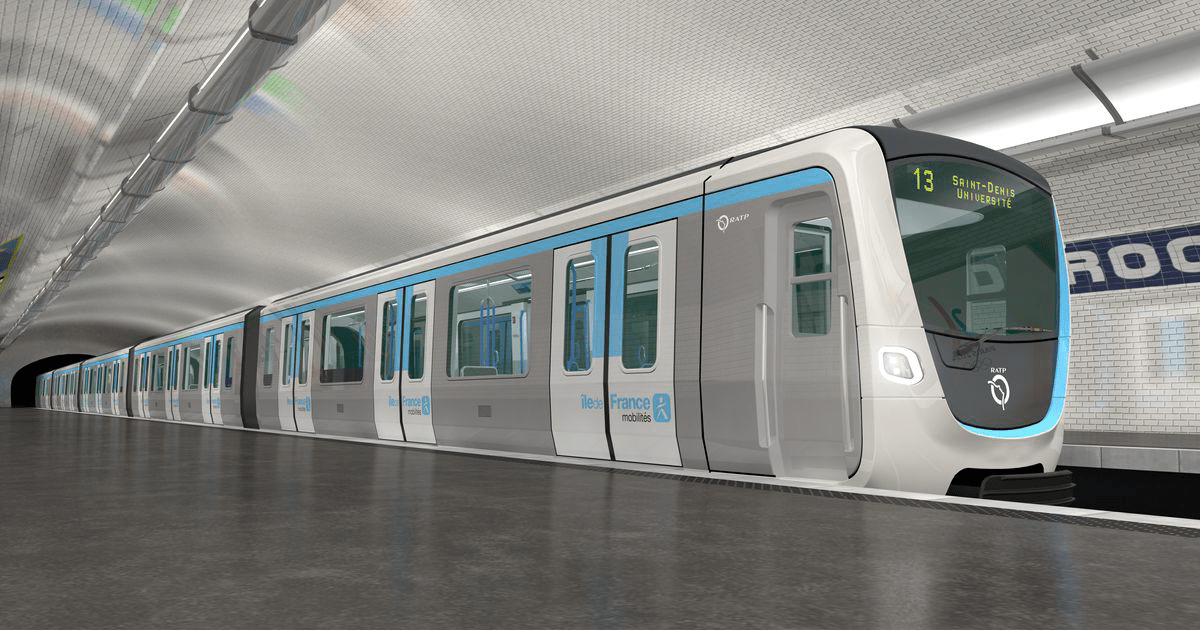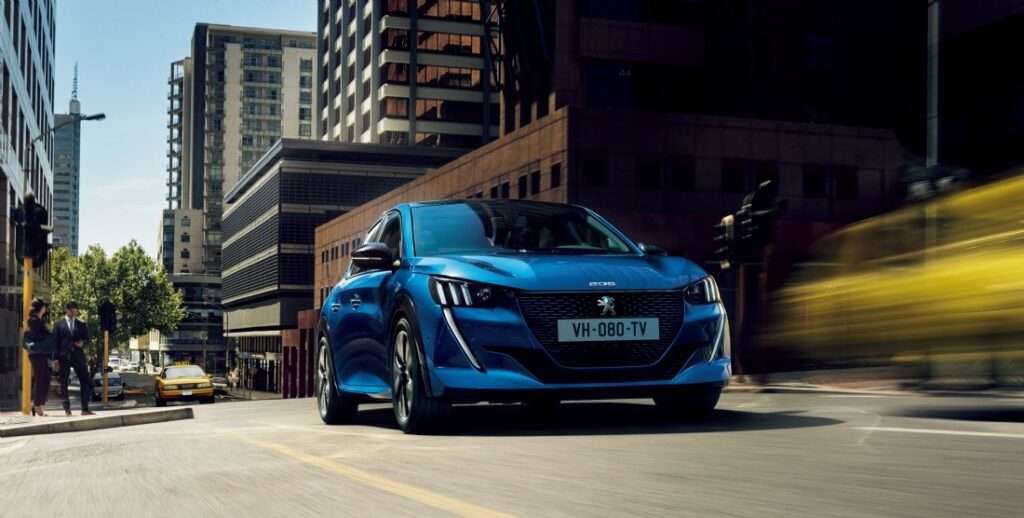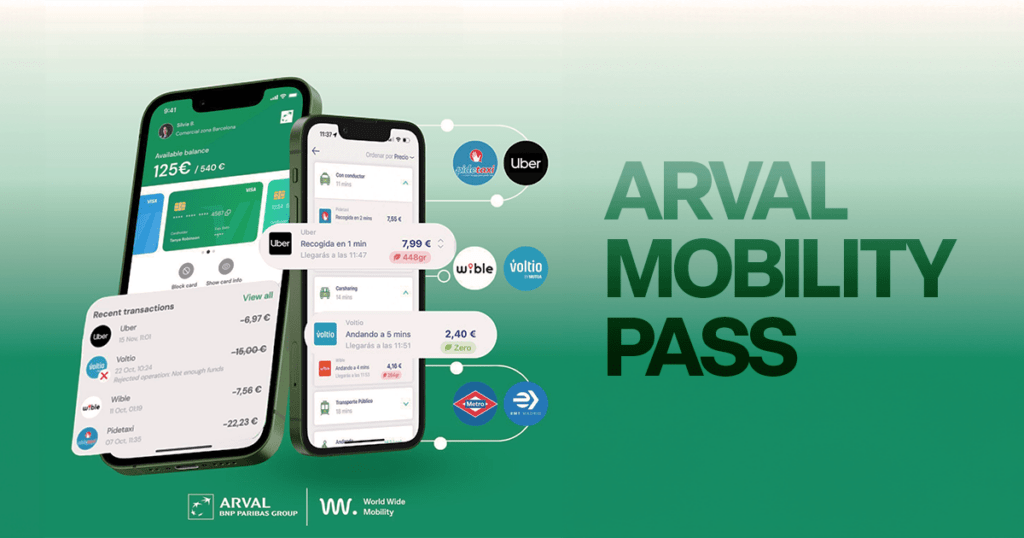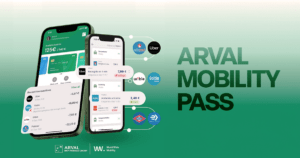Following the dematerialization of the navigo pass, Île-de-France Mobilités now announces the arrival of their own Mobility as a Service application. This will allow access to and payment for all means of transport available in the French capital. Zoom on this future MaaS platform MaaX which will make it easier for several Paris Region residents and nearly 50 million visitors a year!
On the road to a Mobility as a Service strategy
The arrival of digital tickets has encouraged Île-de-France Mobilités to make a real shift in terms of mobility. Indeed, their wish is to move towards a Mobility as a Service (MaaS) strategy. With an investment of 40 million euros, IDFM wants to set up an application. A unique app that brings all the modes of transport available in the region. It will include public transport, cycling, carpooling, taxi, car-sharing, etc.

As stated in a press release by Valérie Pécresse, President of Île-de-France Mobilités and the Île-de-France Region, “Putting the Navigo pass on a smartphone is just one step for me. Our strategy in terms of new digital services is to offer an “Île-de-France Mobilités” application as early as 2020, which will be the real passport to mobility in Île-de-France. This route planner will make life easier for Paris Region residents by enabling them to buy a wide range of mobility services online. ». Much more than just an assistant, the application will provide other services. In particular, it will include a route planner. Or points of interest around mobility such as bicycle repair points.
A first experimental phase
With the help of RATP, Île-de-France Mobilités, the MaaS app “MaaX” will be test for 6 months. There will be 2,000 beta-users. This MaaS beta application will involve around ten suppliers of mobility services. It includes public transport, VTC, car-sharing, carpooling, car parks, scooters, self-service bicycles and scooters, etc.). At the same time, other work will be undertaken to optimize or even create new services, such as Enhanced Passenger Information (EPI). This consists of “analyzing transport systems and understanding user behavior in order to better inform them”.
Ultimate goal: reduce pollution
As stated by Valérie Pécresse, this new mobility service “will also be an indispensable tool for fighting pollution by reducing the use of the private car”. Currently, the fight against pollution has become a major issue. From institutions, mobility service providers and residents alike, everyone feels concerned. However, as seen in our previous article, we know that today nearly 87% of French people are car addicts. By habit, facility or even obligation, they are often compelled and therefore have no other choice but to use it.
This raises whether this service will really meet the objective of reducing car use. In order to achieve this, it would be advisable to put forward an intermodal strategy, including the car. Having worked for several months on our MaaS solution, Lyko is now able to respond to this issue. All this via a powerful API combining intermodal route planning and a centralized reservation and payment system. To learn more about our MaaS API, please visit our website, lyko.tech.





